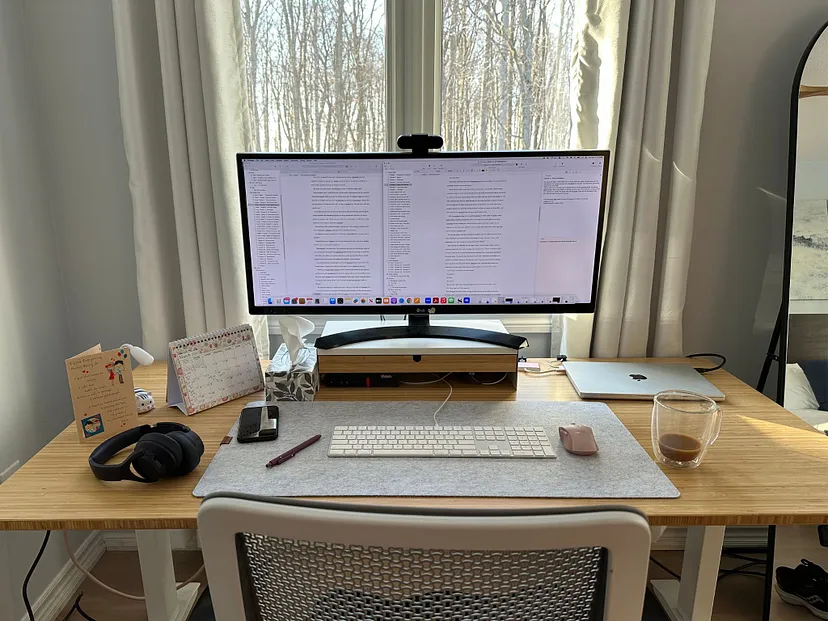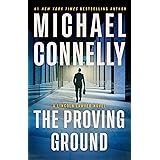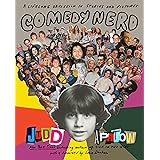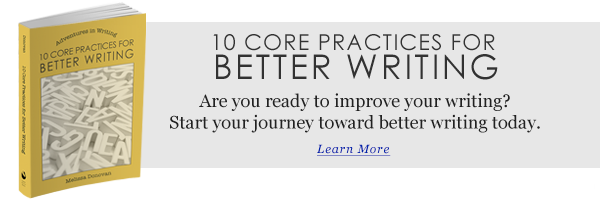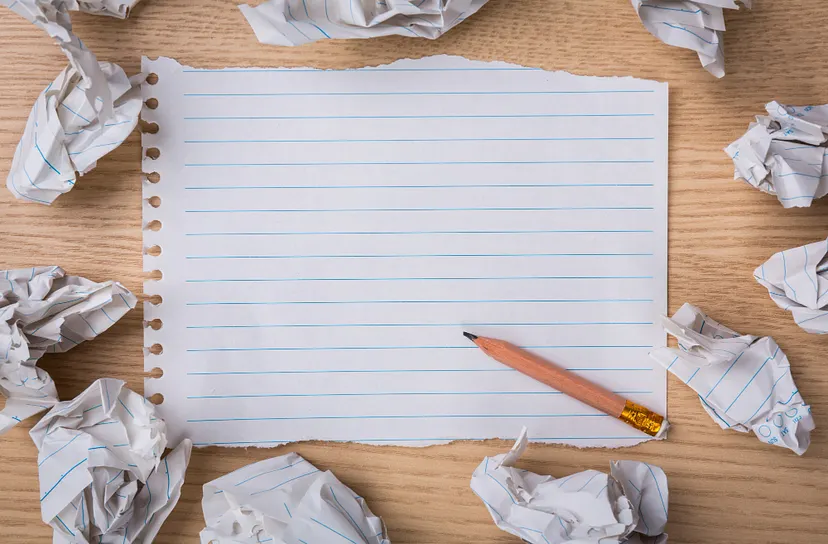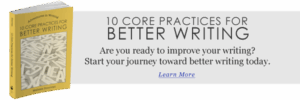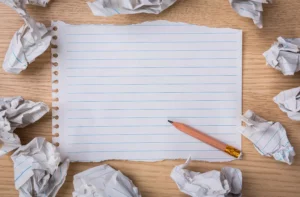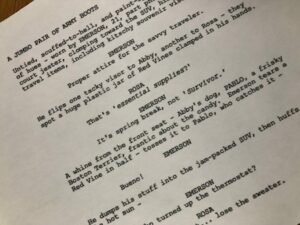“Unveiling the Secrets: What Keeps My Imagination Alive in the Crucial Second Draft of My Fantasy Epic”
As I sit here wrestling with the second draft of my first fantasy novel, I can’t help but wonder—why does something so deeply rewarding also feel so painfully elusive? Like trying to herd cats—every time I think I’ve tackled a plot hole, another one pops up, winking at me like a mischievous little gremlin. It’s been about six weeks, and I’m only 20% in, and let me tell you, this phase is like sipping on a potion one minute and then feeling like you’ve been cursed the next. It’s no longer just about getting words down; it’s a relentless, gritty battle against the messy labyrinth of character arcs, magic systems, and all those gaping plot holes. In this journey, I’ve discovered that while the first draft is a carefree adventure filled with sparkling inspiration, the second one is like a rigorous workout for your creative muscles—sweaty, hard, and totally worth the struggle in the end. Read on as I share the highs and lows of drafting that often feels like the hardest thing I’ve ever done. LEARN MORE

Because this is the hardest thing I’ve ever done
As I write this, I am about six weeks into the second draft of my first fantasy novel. Each day, I slowly chip away at my story like Verity chipped away at his dragon. (Bonus points to anyone who gets the reference.) To be honest, some days, it’s really hard to keep going.
I’m only about 20% of the way through it, but I can already say it has been a vastly different experience from writing the first draft. The first draft of a book is the honeymoon phase of writing, where everything feels like a fun magical discovery, and any problems can be easily brushed aside as something to deal with “later.”
But when you start the second draft, “later” has officially arrived and now the issues must be dealt with. I’m not even talking about line edits or how the words flow on the page. I’m talking about fundamental, messy things like character arcs that need to be fleshed out, magic systems that need to make sense, and gaping plot holes (oh, the plot holes!) that need to be filled with something other than asinine MacGuffins.
And like a sinking boat, every time I fix one issue, five others seem to sprout up in its place. Even the slightest change to the magic system, world, or characters seems to have a domino effect that forces me to reevaluate the entire plot.
In other words, the days of slapping away at my keyboard with a carefree smile on my face have been replaced with tenuous sessions of squinting judgmentally at what I just wrote and pleading with my characters to cooperate.
Yet, I haven’t given up, and when I think about why that is, it comes down to the following reasons.
It still doesn’t have to be perfect
When I first heard that many books go through 7–10 drafts before being published, I found it totally overwhelming. It seemed like an insurmountable challenge to write and revise the same book so many times.
Now, I find it to be a source of comfort. I already know that when I finish this second draft, it’s not going to be perfect, and that is totally okay.
